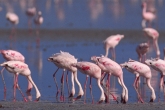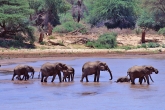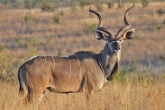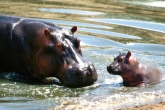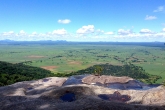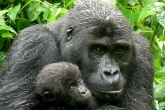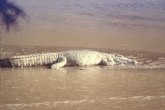Tanzania Country Info Tanzania 610
Humble Tanzania is where the myth of Africa comes to life. Throngs of wildlife roam free in sprawling national parks, fisherman still plough the turquoise waters off Tanzania's coast in traditional wooden sailboats, and pristine beaches lie in wait for the sun worshipping crowd.
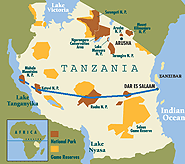
map of Tanzania
Faces Facts
Climate: The climate is tropical and coastal areas are hot and humid. The rainy season lasts from March to June.
Best time to dive: Tanzania can be visited year round, although the best time for travelling is outside of the rainy season between June and October, when temperatures stay well below their summer peaks. Beach side locations like Zanzibar can be fine to visit during the hotter months of December to January. For diving the best time to visit is between October and February.
What can you see: Dolphins, tuna, king fish, wrasse, turtles, manta rays
Visibility: 10 metres to 15 metres but occassionally 20 metres plus.
Water Temperature: Very warm with an average of 26 to 30 degrees
Language spoken: Kiswahili and English are the official languages. The terms Swahili and Kiswahili are used interchangeably, though the term Swahili normally refers to the people while Kiswahili refers to the language. Other African languages such as Bantu and those of Nilo-Hamitic and Khoisan origin are also spoken in more remote regions.
Currency: Tanzanian Shilling. US dollars, Euros and sometimes British and other currencies, maybe changed at banks, authorised dealers and bureaux de change. A receipt should be obtained and kept until departure.
ATM's and Banks: In Tanzania, suprisingly few places can process credit card payments. Most top end hotels and some travel agents accept Visa and Mastercard, though commission is usually charged. Cash can easily be drawn from ATMs using Visa or Mastercard and any sizeable town now has at least one bank with an ATM. Banking hours, Monday to Friday 08.30hrs to 12.30hrs (some places are open until 16.00hrs). Saturday 08.30hrs to 13.00hrs.
Time zone: GMT +3
Voltage: 230 Volts AC, 50HZ. Plugs are mostly UK style square three pin, though European round two pin plugs can also be found, fused or unfused. Power cuts are common in the rainy season, though most large hotels and businesses have back up generators.
Health Regulations: Please consult your doctor or nearest health authorities for up-to-date medical travel information well before departure. All water should be regarded as being potentially contaminated. Travellers should use bottled water for drinking, brushing teeth and ice should be avoided.
Visa Requirements: British, Australian, Canadian, US and other European travellers are required to have a visa for stays of up to 3 months; and should be obtained prior to travel. £38 per single entry or US$ 50 per single entry. Nationals not referred to above are advised to contact the embassy/high commission to check visa requirements.
Top Tip: Safari in the Serengeti. The most famous national park in all of Africa is found in Tanzania, and a safari through the Serengeti National Park is a must – especially during the wildebeest migrations (November to May) which also coincides with the best diving period. Close sightings of the big five are almost guaranteed. Why not view the spectacle from a hot air ballon?
Ngorongoro Crater Safari, the crater which is at 610m deep and 20km wide, covers 311sqkm and is densely packed with almost every species of African plain mammal (including the densest population of lion in Africa). Safaris to the crater are often made in conjucntion with visits to the Serengeti National Park.
Safaris
7 Days Samburu, Aberdares, Lake Nakuru and Maasai Mara
5 Days - Manyara, Ngorongoro and Serengeti National Park
12 Days Mountain Gorrilas Trakings
10 Days Kenya, Sambura, Mt. Kenya, Lake Nakuru, Masaai Mara and Amboseli
4 Days Masaai Mara and Lake Nakuru Safari
8 Days Uganda and Rwanda Gorilla Tracking
7 Days Lake Manyara, Ngorongoro and Serengeti
3 Days Mountain Gorilla Safari
1 - 4 Days Short Safaris
6 Days Tanzania Camping Safari

 German
German Spanish
Spanish






